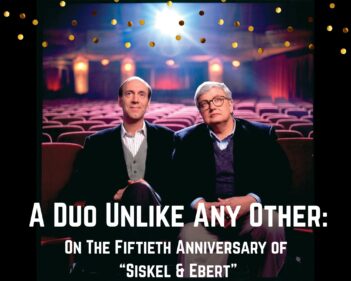From: Stephen Moehle, Brea, CA
It seems lately you have devoted a lot of time to defending and proclaiming the virtues of your number one film of the year, “Crash.” Most of your focus has been on setting the record straight as to “Crash”‘s intentions and portrayal of racism. While your defenses have been spirited they have not converted many “‘Crash’ Haters” (as they are known across many sites on the internet) to your point of view. Many of our problems with this film go far beyond its parable storytelling and hard to swallow coincidences. It’s one thing to disagree with the way a film presents a message, or the message itself, but in “Crash”‘s case many of us think it’s an example of poor filmmaking at the basic level.
Take one of the most popular scenes in the movie, when the locksmith’s daughter is “shot.”. Many people have been deeply moved by the scene, others like myself were stunned by how awful the execution was. Here is a scene that could have been played effectively in the hands of an experienced director, but Haggis unfortunately is reading through Filmmaking 101 and throwing every trick up on the screen.
In this single moment there are five techniques used at once; Background blur, slow motion, a slow zoom, muted sound, and “profound” music that plays to let everyone in the audience know that this is an “emotional” scene. One or two of these techniques might have enhanced the scene, but using all at once makes the moment over-the-top, silly, and downright terrible. I can recall numerous films that use these cinematic devices in effective ways: muted sound at the end of “The Godfather, Part III,” blurred background in “Blue” to put the focus on the music.
But in “Crash,” Haggis has forgotten that old saying that less is sometimes more.
The film is filled with moments like this that show signs of Paul Haggis’ directorial inexperience. Instead of a smooth flowing narrative “Crash” is a series of dramatic peaks over and over again, with little time for rising action or quiet moments. I don’t need a film about racism to be completely subtle, but making it over-the-top at every turn isn’t effective either.
Haggis should have taken some pointers from Eastwood’s direction last year in “Million Dollar Baby,” a script which he wrote and was subsequently made into a great film. While a better director may not have solved all of the problems “‘Crash’ Haters” have with the film, it certainly couldn’t have made the film any worse.











